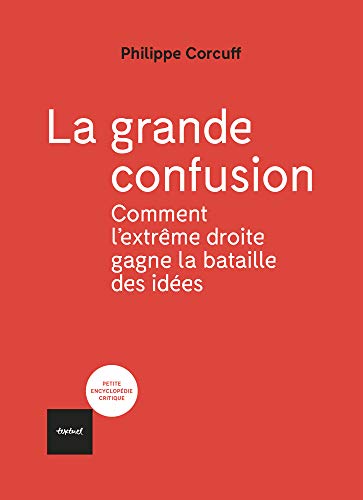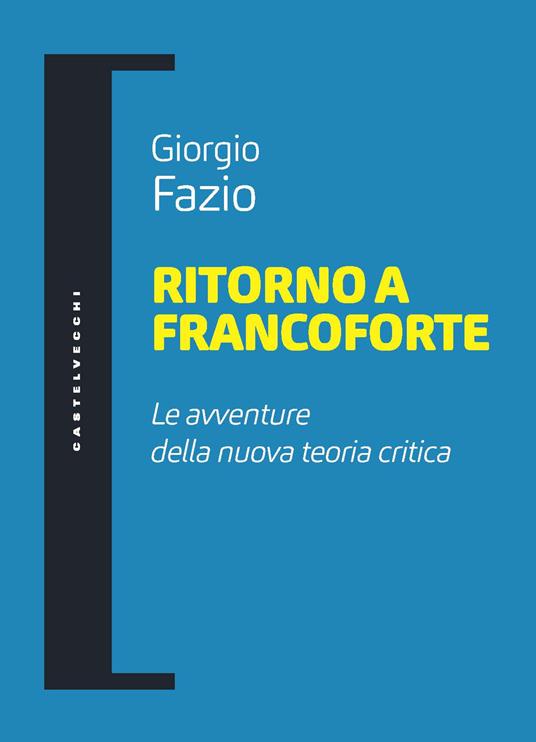Roberto Gerace
Università di Pisa (roberto.gerace@phd.unipi.it)

Abstract: The essay proposes to extend the paradigm of Real Abstraction to the sphere of the Theory of Need. Previous studies have dealt with needs in a Marxist key (Heller, Keucheyan), attempting to define how to recognize which ones are authentic. Nevertheless, they haven’t got rid of the antinomy between luxury and frugality, which the same Marx in the 1844 Manuscripts considered typical of bourgeois economists. Taking suggestions from the pages on Needs, Production, and the Division of Labor, this paper aims to define use value as general need: to work … Continua a leggere


























